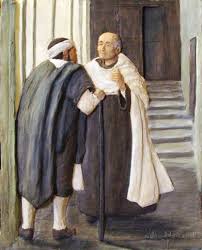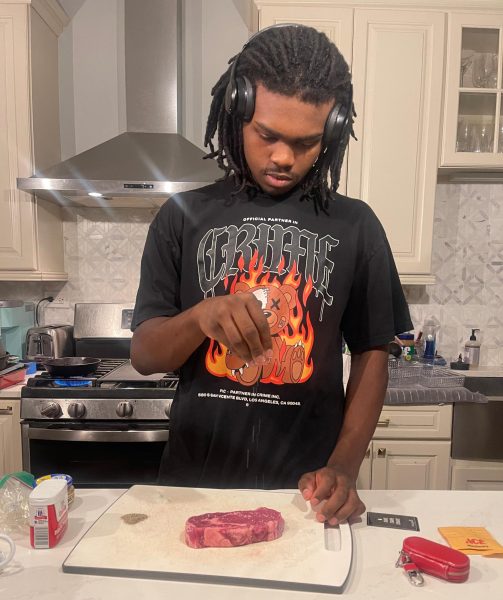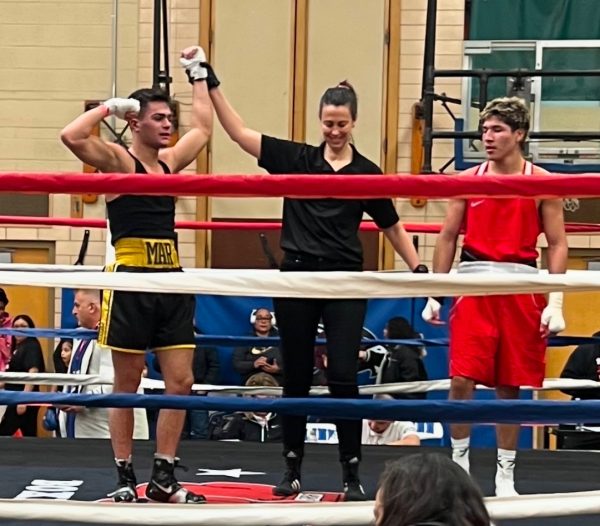Someone you should know from the 1600s

Angelo Paoli, a model of Christian charity from the 1600s.
The following profile of ANGELO PAOLI was contributed by Fr. Leopold Glueckert, O. Carm, Mount Carmel Chaplain. He writes about a Carmelite of an earlier era (1642-1720) who remains a model of Christian charity for our day. In fact, Angelo Paoli was one of the examples discussed at the recent Sophomore retreats.
During the glittering Baroque age, Rome was a focus of stunning architecture and fabulous works of art. A great number of wealthy and powerful people found their way to the Eternal City to enjoy the music, the new churches, the dramatic sculptures. But sadly, there were also huge numbers of poor, hungry, and sick people who were ignored and despised by the more fortunate ones. Those unemployed throngs drew the attention of a Carmelite friar, Angelo Paoli.
Beginning in 1687, Angelo was assigned to the Carmelite church of San Martino. Almost immediately, he began to hand out food to the beggars and street people who filled the city. There were so many needy people that in a short time, Angelo was drawing as many as 300 hungry people a day to San Martino’s courtyard. He gave food, money, and clothing to those in need, and never turned anyone away. No one seemed to know how he found so much of what people needed, but he simply commented that there was always something left.
In fact, Angelo had a strong spiritual life, and was a popular spiritual adviser and confessor to Rome’s superstars. He was able to encourage people in their own prayer life and advise them about moral problems. His visitors included city officials, ambassadors, cardinals, and noble men and women from many countries, even the Pope’s own doctor. Those grateful people, in turn, donated to Angelo’s charitable work, and even helped him with his works of mercy.
His kindness also extended to the sick. One of Rome’s busiest hospitals was not far from San Martino. At that time, a hospital would provide only minimal treatment for the sick, who had to rely on family and friends for their additional food, clothing, and blankets. For the poorest patients, no one was there to help them, so Angelo made frequent visits to see that no one lacked what they needed. Once again, his wealthy friends found that the only way they could get a few minutes of his time was to follow him with a stack of blankets or a basket of bread. He eventually founded Rome’s first convalescent home for the poor who were discharged from the hospital, but not yet able to care for themselves.
Toward the end of his life, two different Popes wanted to make him a cardinal, but he refused. Just being a good friar was enough for him and a cardinal could not be free to do his charitable work! However he did convince the Pope to stop people from stealing stone from the ruined coliseum, which he felt was holy ground where Christian martyrs had given their lives. To mart the site, he had a huge wooden cross erected there, where it still stands.
Angelo Paoli stands as a fine model of simple charity toward those most in need. Pope Francis continues to remind us of one of Angelo’s favorite principles: “Whoever wants to serve God must look for him among the poor.” Truly, a fitting epitaph!





